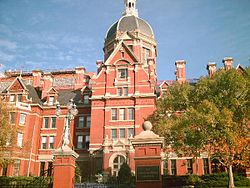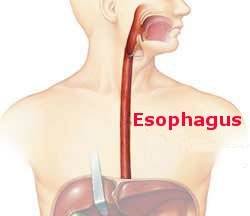
What two surgeons did not do dramatically changed the course of American Surgery.
I have discussed the contributions of two influential pioneer surgeons Macewen and Graham. They also changed the course of Surgery in the USA by something they did not do. Both men were offered the position of Chairman of the Department of Surgery at the Johns Hopkins School of Medicine (my alma mater) and both declined.
Macewen, the Scotsman, was a pre-eminent European surgeon in the later days of the 19th century. He was the first choice to lead the Surgery Department at the newly established Johns Hopkins School and Hospital. When he declined the position was given to William Halsted who left a major impression on American surgery. He developed a training program paradigm that changed how Residents learned their craft. No longer would a poorly defined “apprenticeship” be sufficient. Training would henceforth take place in University hospitals with defined faculty and include a process of supervision, instruction and graded responsibility. Halsted also introduced innovative surgical techniques (for hernia repair and breast cancer for two). If Macewen had accepted, Halsted would only be remembered as the cocaine addict (a habit picked up through experiments on local anesthesia) who squandered his potential.
Graham was an American surgeon known for many accomplishments. Most famously he was known as the surgeon who performed the first one-stage pneumonectomy but there were other important contributions. In the late 1930s he decided to stay at Barnes Hospital rather than accept the Hopkins offer. Hopkins then turned to Alfred Blalock who spent the following several decades training a prodigious number of surgeons who went on to be leaders and developers of Surgery. This allowed him to put a lasting imprint on the practice and evolution of this discipline. As a surgeon he led the development of cardiac surgery. He is most associated with the Blalock-Taussig shunt, an operation that prolonged the life of many blue babies. If Graham had accepted, it would have been a different world and Blalock would never have met the pediatrician Helen Taussig. Many babies would have died waiting for someone to think of the ingenious shunt procedure.
“What if?’ is imponderable but the arc of Surgery would have been different if these two, rather than the actual two, had taken over the Department of Surgery at Johns Hopkins.




